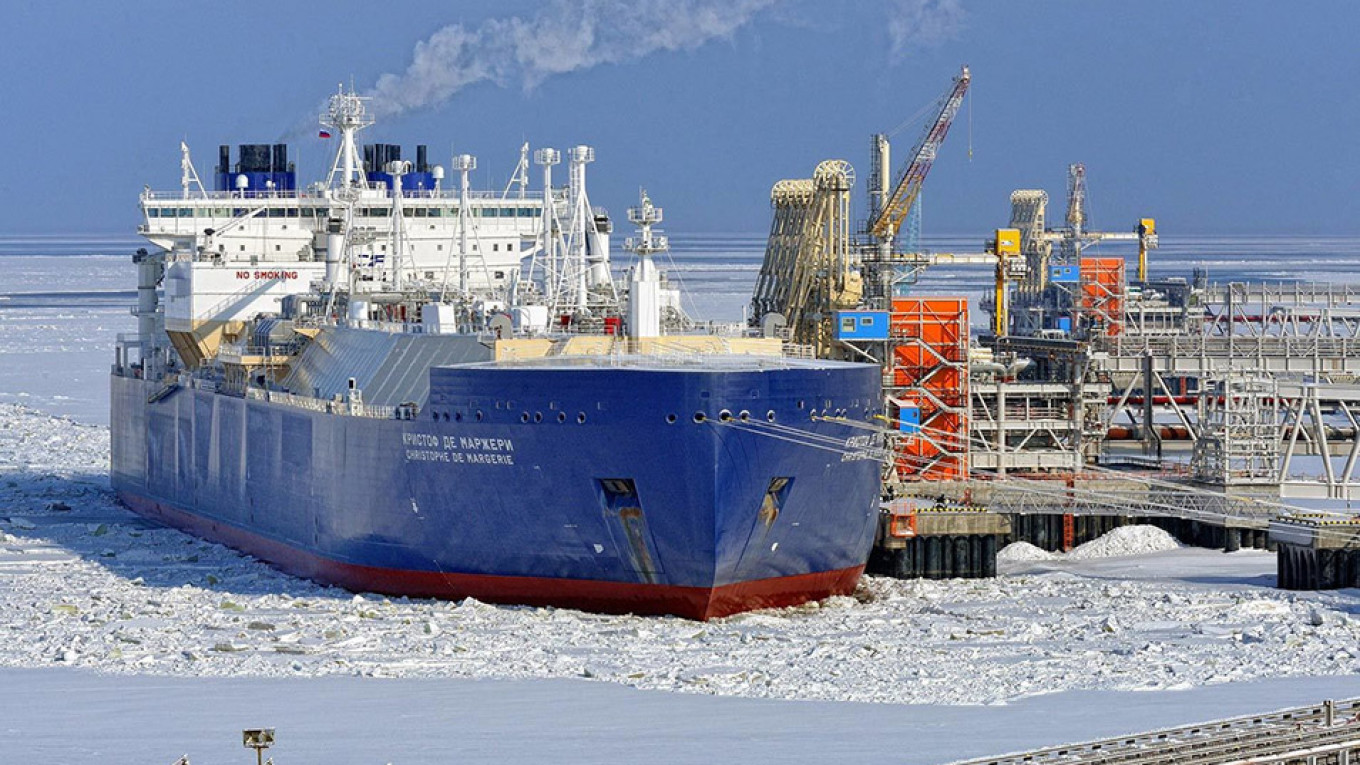
“India is tuned toward interaction with Russia in the Arctic,” says a joint declaration signed this week by Indian Prime Minister Narendra Modi and Russian President Vladimir Putin during the Russia-India Summit in Vladivostok.
“India is following the development of the Arctic region and is ready to play an important role in the Arctic Council,” the declaration states.
The document includes as many as 81 points and touches on a wide range of issues of joint interest. Energy cooperation is among the priorities.
During the visit, Indian companies H-Energy and Petronet LNG signed memorandums of understanding with Russian natural gas company Novatek.
The agreements envisage joint investments in Novatek’s future LNG projects, as well as LNG supplies and the establishment of joint ventures.
“India’s rapid economic growth requires increasing demand for all sources of energy and, primarily, for natural gas as the most environmentally friendly type of fuel,” Novatek CEO Leonid Mikhelson said in a statement.
The deals with India pull the Russian energy company even further toward Asian markets. Novatek has previously signed comprehensive and long-term agreements with both Chinese and Japanese companies. A key part of the LNG produced in both the Yamal LNG and Arctic LNG 2 projects will be destined for buyers in the Asia-Pacific region.
India and Russia have been closely cooperating in the energy field for years. The latest cooperation includes joint developments in the Vankor oil region, an area that ultimately could be connected with the Arctic coast through a projected new pipeline.
According to the Kremlin, the enhanced cooperation between the two countries also includes geological exploration, including on the Arctic shelf, as well as Russian energy resource deliveries to India “with the possible use of the Northern Sea Route.”
It is the 20th time that the two countries’ leaders have met as part of the bilateral annual Russian-Indian summit. As part of his visit to Vladivostok, Modi took part in the Eastern Economic Forum.
He also visited the Zvezda Shipbuilding Complex, a major shipyard developed by the state oil company Rosneft.
The prime minister was guided around the huge yard by Putin and Rosneft head Igor Sechin. The yard is to play a crucial role in Russia’s building of new vessels for Arctic operations, including shipping and oil drilling.
One of the visitors’ special interests was the “Lider” project, the 120 MW icebreaker that will ultimately be able to open large shipping lanes through Arctic ice.
“This is the biggest nuclear icebreaker in the world,” Putin told his Indian visitor. “A decision to build this class of vessels for year-round escorts of ships on the northern route has been taken,” he added.
According to Rosneft, the Zvezda yard will be the sole builder of the powerful Arctic vessels.
